South Africa has been dubbed “the Rainbow Country”, a nickname that refers to its unusually broad spectrum of cultures, ethnicities and languages. South Africa is an outlier among African nations in other ways as well. In spite of the rocky political road it has traveled, including the struggle to be free of Apartheid, it’s one of the few countries in Africa never to have a government overthrown by violence, and it’s held regular elections for almost a century.
The World Bank classifies South Africa as a newly industrialized country. Its economy is the second largest in Africa after Nigeria, and it has a relatively high GDP per capita compared to other countries in the region. But its people suffer from a high rate of poverty, income inequality and unemployment (about 27% overall, and over 50% for its young population).
However, South Africa is a popular tourist destination, and in recent years has become an attractive location for companies interested in Business Process Outsourcing (BPO) – the practice of outsourcing various types of business services to other countries, such as customer support or accounting.
What is it that makes South Africa so attractive as an outsourcing location? Several urban centers boast an educated talent pool fed by local universities, notably in Durban, Cape Town and Johannesburg. This population speaks English (one of South Africa’s 11 official languages), and the South African accent is considered relatively “neutral” and easy to understand for other English-speakers. In addition, many people, particularly in Cape Town, are native speakers of German, Dutch, French, Portuguese and Italian.
Due to its colonial past, there are cultural similarities between South Africa and western countries, especially as pertains to business, legal and educational institutions and practices. For example, South Africa’s data protection laws are in line with those implemented in the UK and the EU, giving business looking to offshore their services one less thing to worry about. And as an added bonus, South Africa has a similar time zone to much of Europe (identical to the Eastern European time zone, and 2 hours’ difference with the UK).
The factors mentioned above make South Africa appealing as a place where global businesses can set up operations efficiently, and their customers can be served by local agents smoothly and effectively. However, one other consideration trumps even these advantages—the financial one. Besides operational costs that are relatively easy on the corporate budget, the South African government offers many incentives for businesses looking to bring in employment in the domains of BPO, CRM, accounting and other business services.
South Africa views such interest from overseas as an enabler for its own economic and social growth. The government offers tax breaks and grants for each new call center job created and sustained for three years, and additional grants for investment and training. These incentives, introduced in 2007, have attracted billions of Rands in investment and created tens of thousands of new positions. Operational costs in South Africa can be as much as 50-70% less than in the countries of origin, enabling South Africa to become a serious contender with established outsourcing havens like India and the Philippines.
Growth of Call Center Industry
Recently South Africa was voted by the European Outsourcing buyers’ community as the best outsourcing destination. In 2018, industry reports determined that the growth of the call center industry in South Africa was twice the global growth rate and three times the growth rate in India and the Philippines. The services industry now comprises about two-thirds of South Africa’s GDP, while the traditional mining and agricultural sectors now contribute around 6%.
Companies with social agendas see South Africa not only as a place to make profits, but as a place to make a difference. These companies are interested in “Impact Sourcing”—bringing long-term value to disadvantaged populations, both in terms of employment and in terms of education and training. For example, Deloitte has partnered with government organizations such as Finance and Accounting Services Sector Education and Training Authority (FASSET) to identify and train a large group of South Africa’s unemployed youth. These young people receive their first job opportunity even without prior work experience.
South Africa’s telecommunications infrastructure is considered to be the best on the continent, with a network that is 99.9% digital and includes the latest in fixed-line, wireless and satellite communication. New undersea telecommunications cables also spurred investment as data costs fell by 85%. For example, in 2012 Alcaltel-Lucent established the West Africa Cable System (WACS), a submarine communications cable linking South Africa with the UK.
More network development is in progress. SAEx and Alcatel Submarine Networks have begun a study with the intent of laying a new 25,000km submarine network cable linking Asia, South Africa, and America. The BRICS Cable is an ongoing initiative to create a 34,000km optical fiber submarine communications cable system connecting Brazil, Russia, India, China and South Africa.
In addition, where once access to tech infrastructure in local data centers was a differentiator for countries like India, the relevant software services are now available in the cloud and are easily accessible in South Africa through its updated broadband infrastructure.
DID Logic in South Africa
DID Logic is already on the ground in South Africa, ready to help you make the most of your South African presence with our SIP trunking services. We maintain a SIP proxy in Johannesburg, so that your calls are routed locally, with no need to loop through Europe (often introducing up to 200–300ms of latency). We provide local DID numbers with local Calling Line Identification (CLI) to fixed and mobile lines. We offer competitive pricing for calls to all other African countries.
With a Point of Presence (PoP) in Singapore, DID Logic is also poised to take advantage of the new BRICS cable upon availability. Users of our VoIP services in South Africa will be able to connect to Singapore directly, resulting in better routing to Australia, New Zealand, Indonesia, Thailand and Malaysia.


